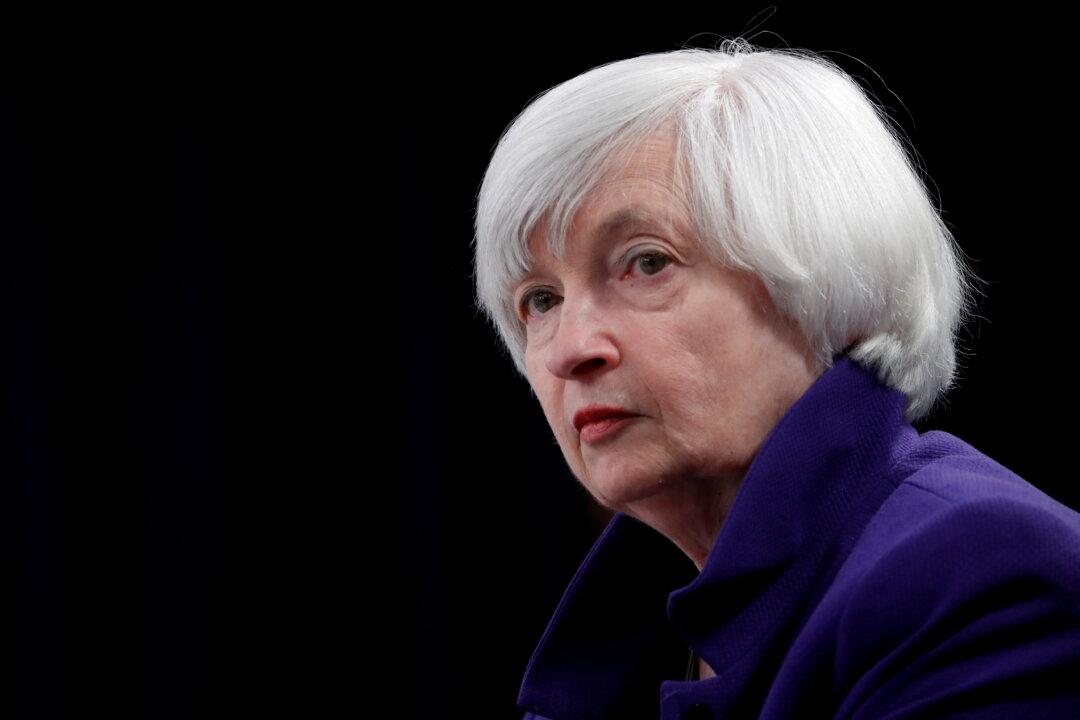Sens. Elizabeth Warren (D-Mass.) and Sheldon Whitehouse (D-R.I.) urged Treasury Secretary Janet Yellen to crack down on “dark money” spending in political campaigns.
In a letter to Yellen (pdf), the two senators argued for the Treasury Department and the Internal Revenue Service (IRS) to impose curbs on campaign spending by nonprofit organizations formed as 501(c)(4) groups, which under current laws aren’t obliged to disclose the source of their contributions.





